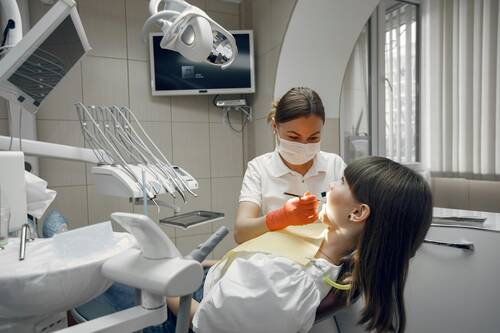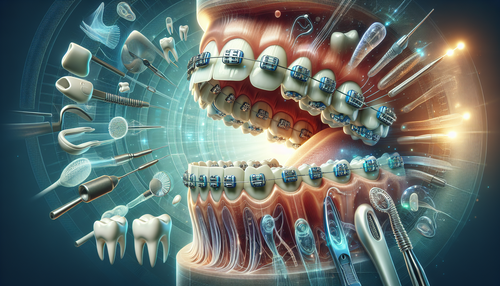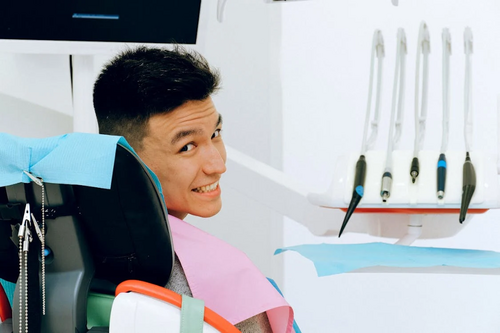Dental Research, Lifestyle & Health / 28.03.2025
Hidden Health Issues That Don’t Announce Themselves
Not all health problems come with loud warning bells. Some creep in silently, progressing gradually, often undetected, until they reach an advanced stage. These hidden health issues don’t scream for attention — they whisper, easily dismissed, or misattributed to fatigue, age, or stress. Unfortunately, their quiet onset doesn’t mean they’re harmless.
In fact, many of these silent conditions can lead to serious complications when ignored for too long. This is why it’s vital to pay close attention to subtle bodily changes and embrace regular check-ups, even in the absence of symptoms. Let’s take a closer look at some of these quiet culprits that may be affecting your health behind the scenes.
The Silent Trouble in Your Mouth
Oral health often takes a backseat when it comes to overall wellness. People tend to think of dental issues as isolated concerns—more cosmetic than clinical. However, poor oral hygiene can open the door to several silent health issues. Among the most underestimated are cavities. Unlike a sudden toothache or visible decay, cavities often begin without pain or any apparent signs. They develop gradually, caused by plaque buildup and acidic erosion of the tooth’s enamel.
You might brush and floss regularly but still have microscopic food particles lodged between your teeth. Over time, these contribute to bacterial growth and enamel wear. Initially, cavities don’t cause discomfort, which is precisely what makes them dangerous.
If ignorned, cavities can escalate into infections, nerve damage, and even complete tooth loss. Worse still, oral infections may enter the bloodstream and pose risks to heart health.
(more…)













